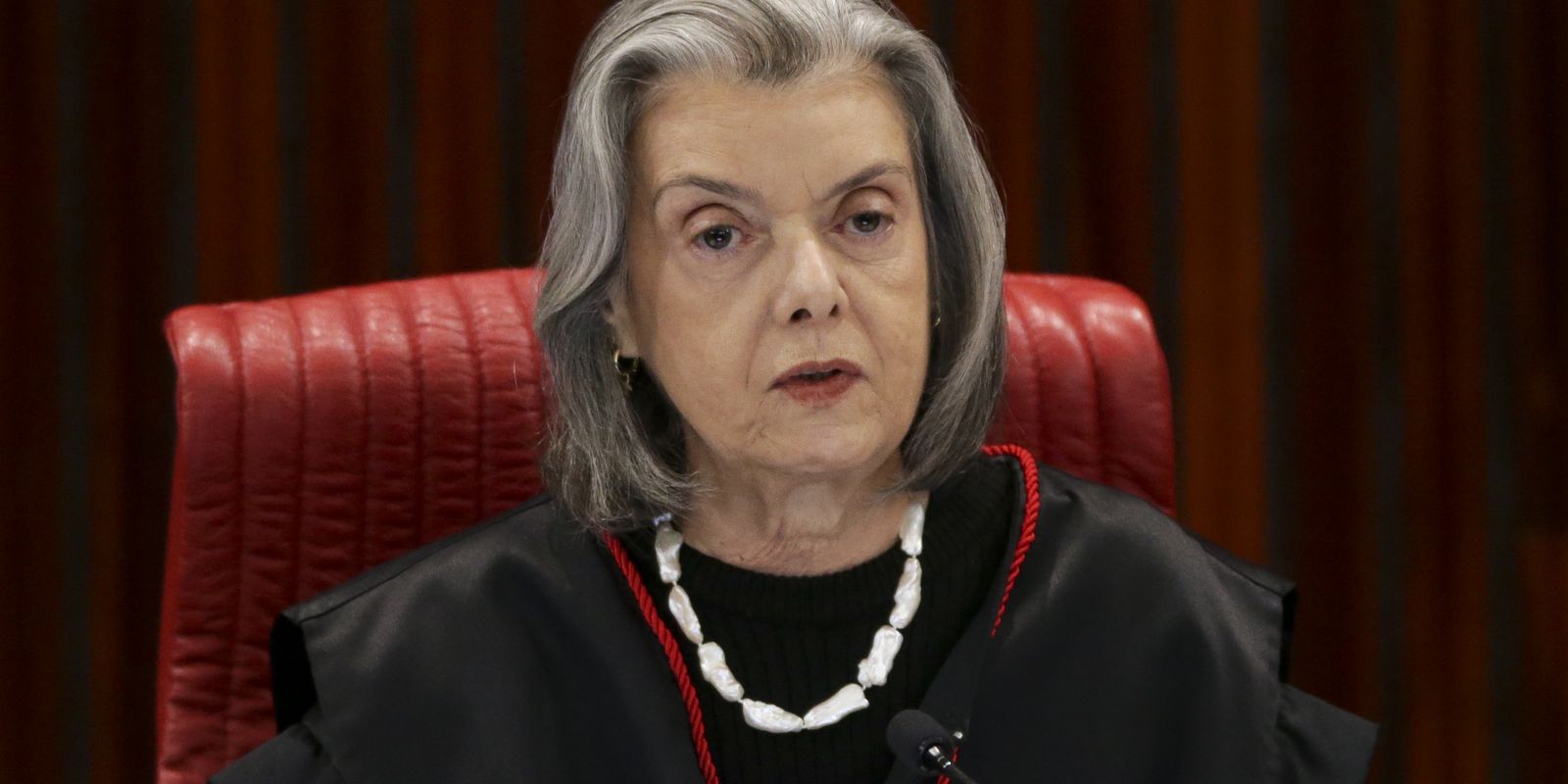Minister Cármen Lúcia, president of the Superior Electoral Court (TSE) and member of the Federal Supreme Court (STF), defended this Thursday (15) the actions of Minister Alexandre de Moraes, her predecessor in command of the Electoral Court and colleague in the Supreme Court. She said that the accumulation of positions in the two courts does not confuse functions nor delegitimize any action.
When opening the TSE plenary session, Cármen Lúcia recalled that the accumulation of positions is a determination of the Constitution, which also provides that ministers of the Superior Court of Justice (STJ) make up the electoral court.
The minister opened her speech by calling Moraes a “great former president” of the TSE, who “played an enormous role, as is well known in the country.” She directly mentioned the “news that has been circulating” about the minister.
She referred to newspaper reports S. Paulo Newspaperwhich between Tuesday (13) and Wednesday (14) published a series of news items according to which Moraes had used informal channels to request the production of reports by the TSE against people investigated in an inquiry being processed at the Supreme Court.
These people were later subject to sanctions by Moraes, based on the TSE reports, but without the orders informing that the documents were made at the request of the minister himself.
Requests for the production of TSE reports against specific targets at the Supreme Court were made via WhatsApp, according to the newspaper, which published conversations between Moraes’ right-wing advisors at both courts.
This Thursday (15), Cármen Lúcia sought to dispel doubts about the actions of ministers who hold positions in the Supreme Court and the TSE, stating that this accumulation “does not confuse functions nor does it detract from any type of conduct adopted.”
The president of the TSE also denied that the ministers seek this accumulation of functions and power, or that they use the structure of the Electoral Court for functions other than maintaining the elections.
“News has been circulating about the accumulation of positions of ministers of the Federal Supreme Court (STF) and ministers of the Superior Electoral Court (TSE), I would like to remind everyone that this is a constitutional choice that the constituents have been making since the 1930s of the last century”, highlighted Cármen Lúcia.
“The Superior Electoral Court has the sole objective of guaranteeing the fairness, transparency and security of the electoral process, we are committed to this and that is what has been done,” he added.
Before closing, however, the president of the TSE said that “here all conduct must be formal, to be safe and to guarantee the freedom of the voter in exercising their constitutional duty to vote.”
After the publication of the reports, other Supreme Court ministers came out in defense of Moraes, stating that there was no irregularity in the magistrate’s conduct, among them Luís Roberto Barroso, president of the Supreme Court, Gilmar Mendes, dean, and Flávio Dino.
In a plenary session of the Supreme Court, the Supreme Court itself Moraes defended his actions, stating that all procedures were regular and that “there is nothing to hide”.


















